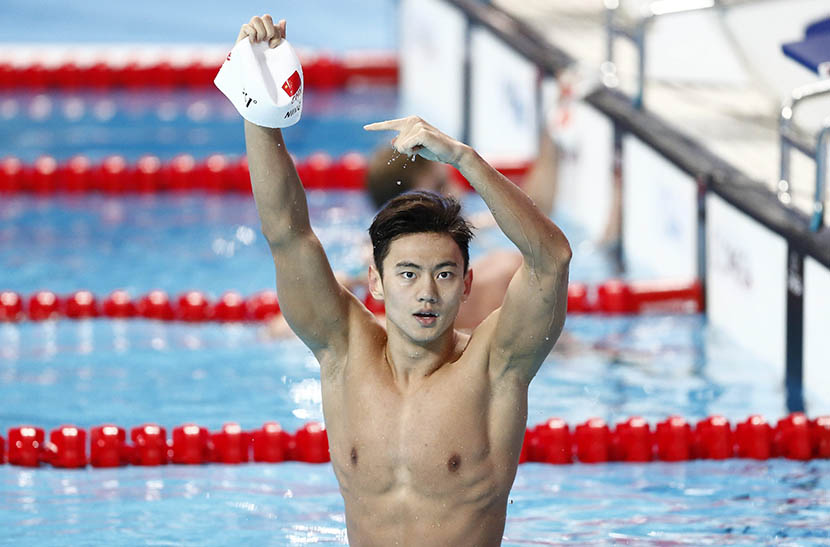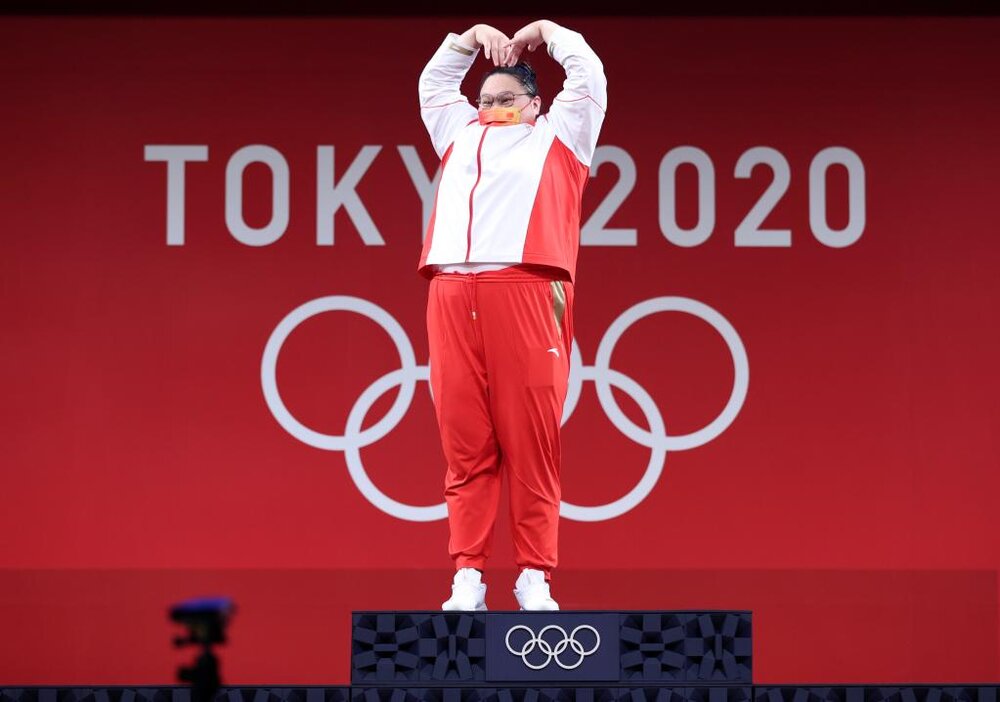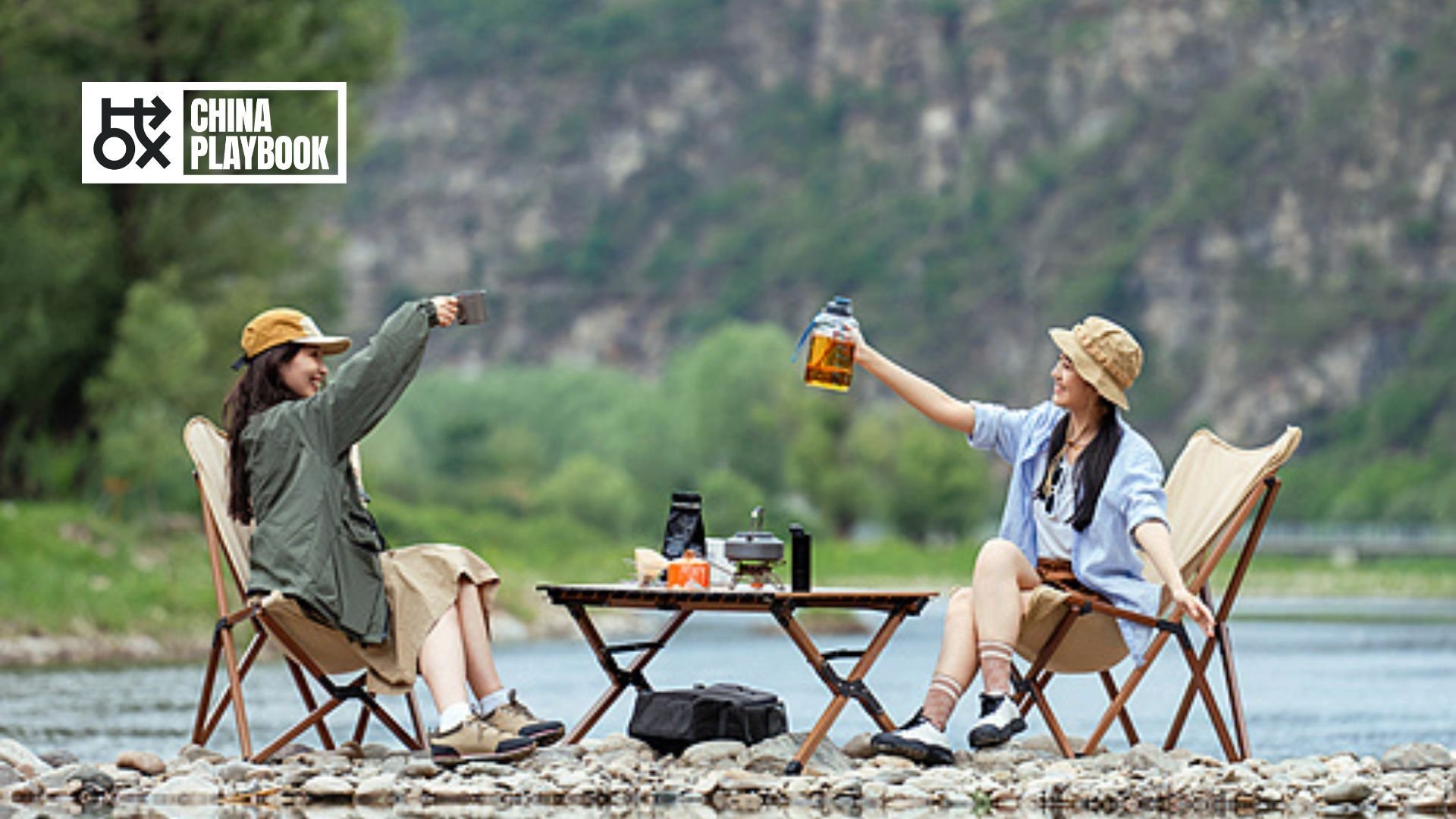China's Olympics: Signs of An Era of Inclusivity
The Tokyo Olympics have been heralded the world’s most inclusive Olympic Games in history. Headlines have spotlighted equal numbers of female and male athletes, as well as record numbers of LGBTQ competitors and trans athletes.
The addition of new sports such as skateboarding, surfing and climbing confirm this shift towards a more accessible and relevant approach.
This perhaps explains the wider range of ages represented at this year’s Games, with 12 and 13 year old skateboarders competing alongside 46 year olds. With increasing diversity amongst athletes and the types of sports included, new threads of conversation have emerged, recognising the important role the Olympics has in shaping social opinion and change. When it comes to China’s Olympics, this is particularly evident in conversations around body image and beauty.
Can China’s Olympians change perceptions of beauty at home?
Can the Olympics change our common perceptions of beauty? Since the question was first posited on China’s second largest social media platform Weibo, it has been read and re-shared over 550 million times. Within the latest cohort of China’s Olympians the diversity of body shape and size is obvious. Such diversity is not in itself remarkable; athletes often come in different shapes and sizes. Rather it is the remarks and dialogue surrounding the sea of images of Chinese athletes in the ‘heart pose’ (known as “比心“) that is significant.

One user reposts the hashtag ‘the Olympics are gradually changing our aesthetic perceptions’ or #奥运会狠狠修正了我的审美#, highlighting the confidence, healthiness, dedication, determination and strength of local athletes
Chinese Olympians speak out against Superficial Commentary.
In the past, discourse surrounding China’s athletes has leant heavily towards comments on stars' physical appearances, as in the cases of swimming stars Liu Xiang and Ning Zetao. These traditional narratives are so well-worn in fact that the Japanese cosmetic brand SK-II launched an entire campaign around it, entitled #ChangeDestiny, in which Liu Xiang shares her personal challenges as an athlete in China. During the 5-minute video, Liu is haunted by the whispers of bloggers: “beauty is her strength”.
An exhausted and frustrated Liu Xiang leaves viewers with the emotive plea “I want to be seen as an athlete”. Xiang’s experience is not dissimilar to 23 year old swimmer, Ning Zetao, whose appearance in 2015 Olympics caused shockwaves amongst China’s female netizens who fawned over his muscular form. Despite their superb sporting achievements, the focus of public appraisal remained centred around the physical appearance of the two swimmers.

A New Vocabulary for China’s Olympic Athletes
This year reveals a marked departure from these narratives. Although many athletes are still being praised for their beauty, the Tokyo Olympics has teased out a new vocabulary from Chinese spectators. The athletes are celebrated for being “healthy”, “confident” and “determined”, signalling a new set of values and perceptions around athletes.
Weightlifting champion Li Wenwen epitomised this novel perspective. When collecting her gold medal, she used her brief moment in the spotlight to draw attention to body image, saying “all chubby kids have their own dreams. Never give them up.” Wenwen has won over netizens with her down-to-earth demeanour and endearing behaviour, pulling her trainer onto the stage with her and drawing him into a hug.


Another national favourite is the fencing champion Sun Yiwen, whose punk-rock appearance generated artistic impressions by fans who depicted her as a new age warrior. This badass aesthetic was embraced by Grazia, who chose Mulan-inspired imagery for their shoot; the black and white filters and gender-neutral clothing giving her an aura of mystery and quiet resilience.

Image from Sun Yiwen’s Mulan-inspired shoot with Grazia
The journey to body positivity in China
This new perception of beauty which focuses on internal strength, confidence and healthiness has been spearheaded by forward thinking Chinese brands Neiwai and Maia Active. By carefully selecting a range of body types and individual styles, these brands focus on body positivity and individual beauty. Maia Active’s latest range included empowering messages of internal beauty, with one print reading, “I am not pretty, I am…”, challenging the consumer to look within for self-affirmation. Neiwai has gone further explicitly celebrating different figures, with pregnant bellies, tattooed arms and bigger builds showing off their new lingerie lines.


Neiwai’s ‘No Body is Nobody’ 2020 campaign
Can China’s Olympians really inspire change in social norms?
So what does all this mean in terms of ideals of beauty in China? Can China’s latest cohort of Olympians really inspire change in China’s consumer behaviour and social norms?
Realistically it is unlikely that a group of inspiring athletes can rewrite China’s commercial norms and standards of beauty overnight. However, they have sparked powerful conversations amongst viewers back home, who show signs of genuinely challenging former perceptions of beauty, with a new language emerging based around personality and health. One article describes ‘healthy beauty’, ‘confidence beauty’, ‘power beauty’ ( “健康美、自信美、力量美”), acknowledging the multitude of different forms that beauty can take. It is now the role of local and international brands to continue to build on this new vocabulary, and reflect these changing attitudes in their campaign strategies and choice of brand ambassadors.
At Hot Pot, we reflect on these important issues with our clients, particularly those in the fitness industry, who will play a pivotal role in inspiring a new generation of athletes to pursue sport based on the psychological and emotional benefits it can bring.
Contact the Hot Pot team to find out how this shift in China’s perception of beauty will affect your branding strategy over the coming years.
Related blog posts

.jpeg?width=4032&height=3024&name=IMG_8607%20(1).jpeg)